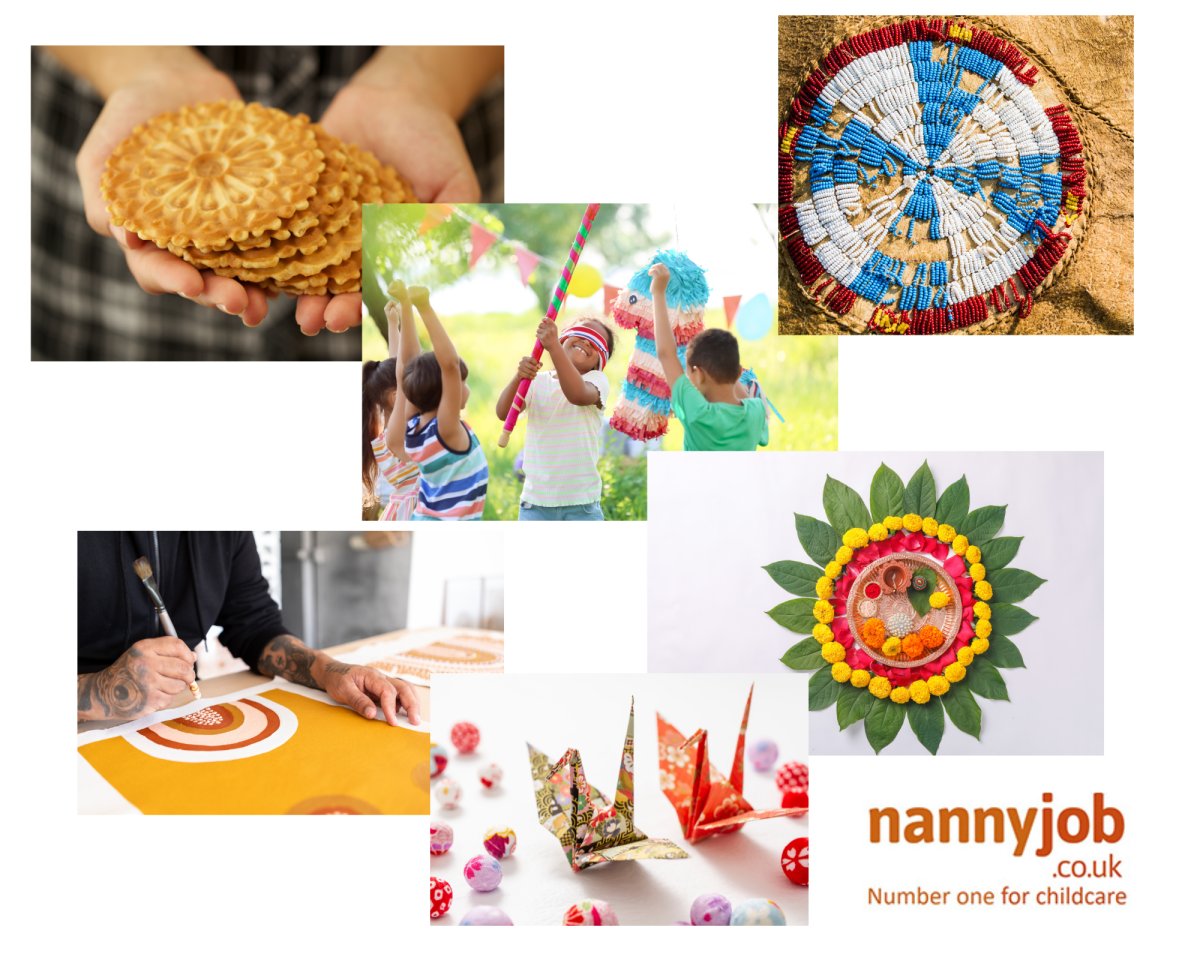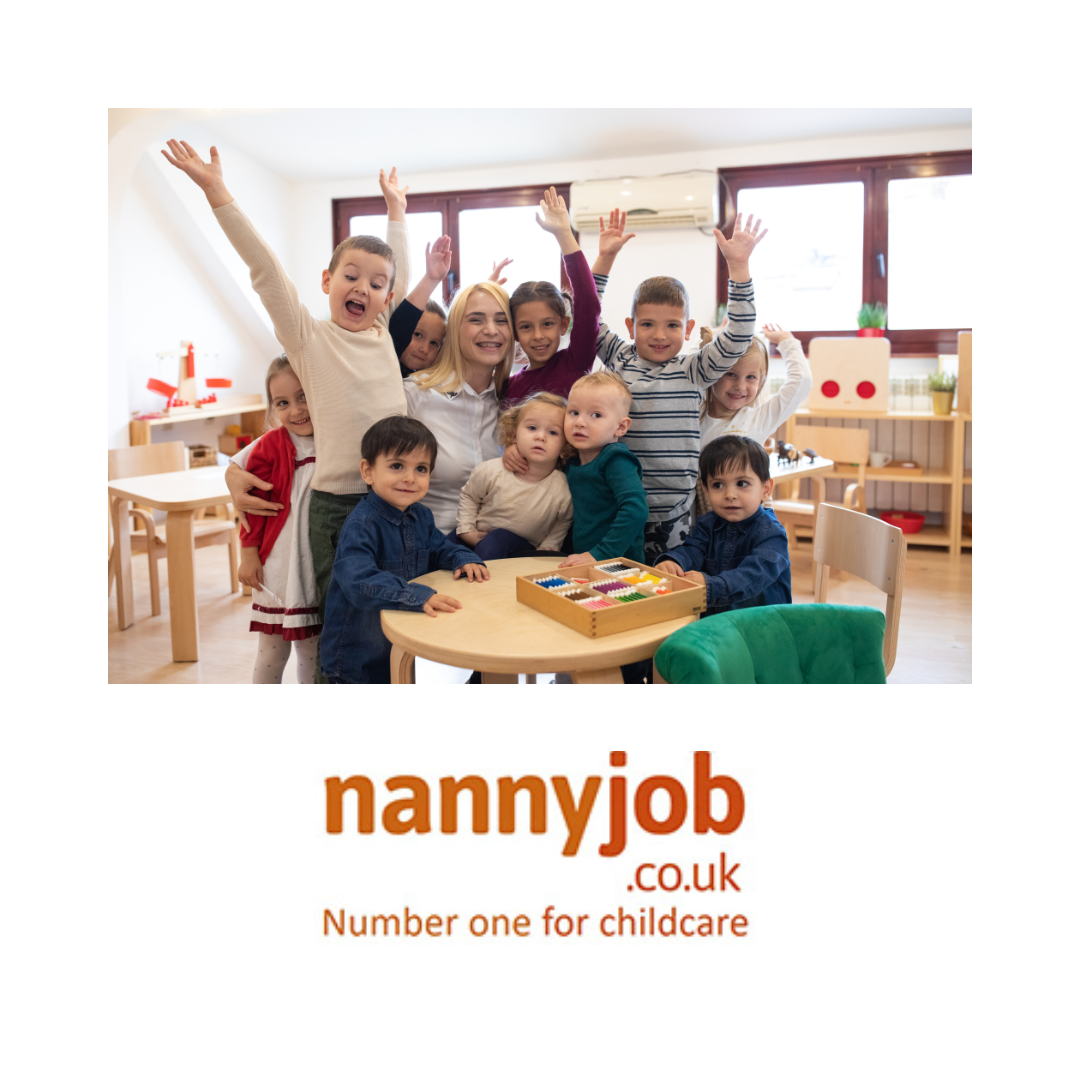Oh boy, do we have a treat (no tricks here!) for you – autumn has wrapped us in its chilly embrace and that means one thing… Halloween is creeping up! 🎃👻 Whether you’re a fan of the drizzly weather or not, we’re here to sprinkle a bit of spooky magic and get you pumped for the most ghoulishly fun time of the year!
Here at Nannyjob, we might be wrapping up in last year’s coats and switching on those SAD lamps (yep, we feel you!), but we’re also buzzing with excitement for Halloween! So, grab your little monsters, witches, and superheroes – we’ve got some spooktacular ideas to make this Halloween a blast!
🎉 Monster Mash Bash at Home! 🎉
Why roam the streets when you can throw the coolest haunted house party right in your living room? Gather the kiddos and their pals for a night of eerie entertainment!
👻 Decor Galore: Transform your home into a haunted mansion with creepy streamers, skeleton buddies, and spider friends! Check out these wicked decorations from Silly Jokes!
🎃 Ghoulish Games:
- Apple Bobbing: Classic and always a hit!
- Wink Murder: Who’s the secret ghost?
- Mummy Wrap: Grab that loo roll and wrap your friends up! Fastest mummy wins!
- Pin the Tail on the Witch’s Cat: A spooky twist on an old favorite!
- Halloween Scavenger Hunt: Indoor or outdoor, let’s hunt for treats!
- Pass the Pumpkin: Fill a pumpkin with goodies and play just like pass the parcel.
🖌️ Costume Crafting & Face Painting Fiesta! 🖌️
Whether your little one wants to be a ghost, witch, skeleton, or something totally unique, we’ve got you covered!
🦇 Costume DIY:
- Scary Spider: Black outfit and some stuffed tights for extra legs!
- Grim Reaper: Black cloak, white face paint, and a cardboard scythe!
- Walking Dead: Torn clothes, fake blood, and spooky makeup!
Check out Netmums for more wicked costume ideas!
🍬 Trick or Treating Adventure (With a Safe Twist!) 🍬
If you decide to brave the outdoors, make it a safe adventure! Keep a distance, maybe even incorporate a mask into the costume (superhero style!), and remember: no tricks, just treats!
👜 Don’t forget your decorated treat bag – get creative with bats, pumpkins, and witchy designs!
👻 Stay Spookily Safe & Share the Fun! 👻
Share your Halloween plans, costumes, and party pics with us on the Nannyjob Facebook page! We can’t wait to see how you’re making this Halloween a frightfully fun time!









